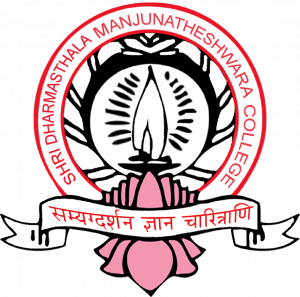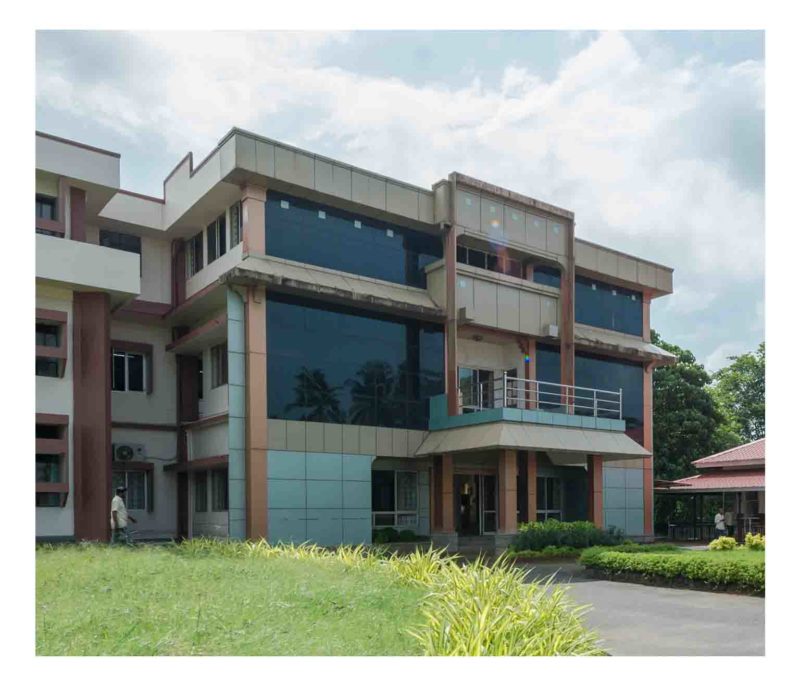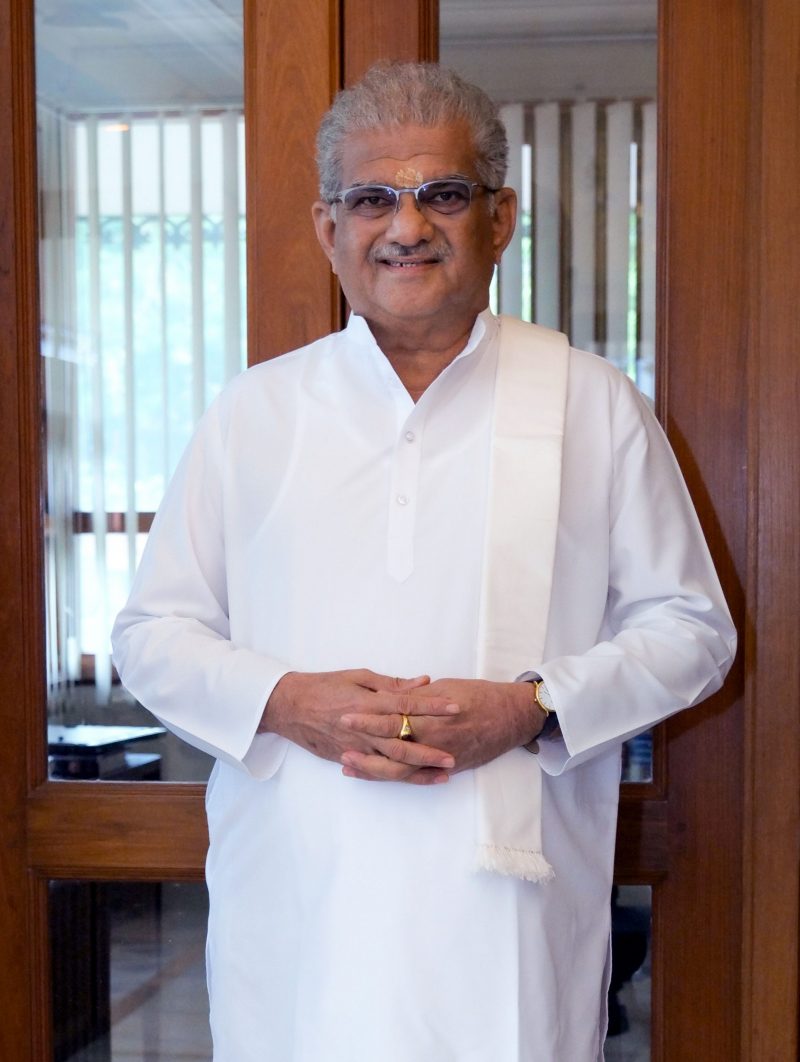From 2016 to 2021, he led the SDM Research Centre as Director, affiliated with Tumkur University. He served as a distinguished research guide at Tumkur University, shaping scholarly pursuits with his expertise and guided one PhD and one MPhil student. He has successfully led three minor research projects in Chemistry, sanctioned by the UGC, New Delhi. He also contributed as a Co-Investigator for a research project granted to the Department of Chemistry by VGST, Government of Karnataka. Additionally, he functioned as the Chairman of the Project Implementation Group for the DST-FIST PG Level Project, awarded to the SDM PG Centre by the Department of Science and Technology, Government of India.
Dr. Vishwanatha P has a long and distinguished record of service to SDM College. From 1994 to 2003, he dedicated himself as the Rover/Ranger Programme Officer, fostering leadership and service among youth. He later extended his commitment to community service as the NSS Programme Officer from 2003 to 2007, inspiring students to engage in social responsibility. He has been involved in a number of administrative and academic activities, including serving as Chairman of the Academic Planning and Assessment Committee (2008-2013), Academic Council member (since 2013), Member of IQAC (since 2014), Secretary of SDM Staff Association (2015-2016), and Chairman of the NAAC Criteria II (2014-2020), Co-ordinator of CPE Scheme of UGC, New Delhi, SDM College, Ujire (2014-2019) and Consultant for Water Quality Maintenance at the SDM Swimming Pool since 2020.
In addition to his work at SDM College, Dr. Vishwanatha is also involved in a number of professional organizations. He served as the Vice President of the Association of Mangalore University College Teachers (AMUCT) from 2015 to 2017 and continues to be an active member of the association. He was also a member of the Board of Studies in Chemistry at St. Aloysius College, Mangalore, and continues to be a member at Government Science College, Hassan, and Vivekananda College, Puttur.




